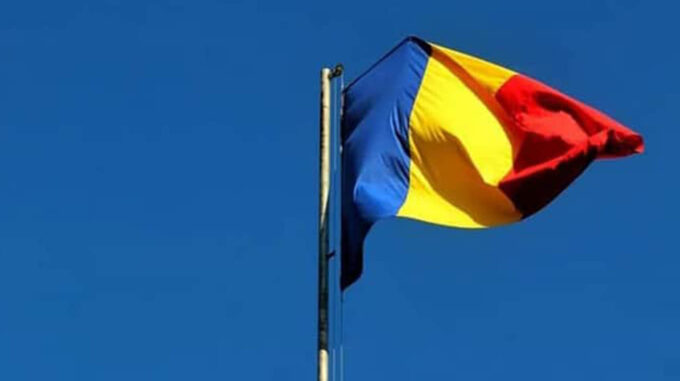Romania responds to Russia’s accusations of “ideological censorship”

Romania has hit back at Moscow, denying accusations by Russian media outlets of allegedly “intimidating the opposition and spreading ideological censorship” during the country’s recent presidential election. The country’s Foreign Ministry has officially stated that such accusations are nothing more than dirty propaganda and an attempt to once again discredit the democratic process in Romania. Foreign Ministry spokesman Andrei Tsarnea stressed on his page on the social network X (formerly Twitter) that Bucharest is closely following Moscow’s information campaign, which “is trying to sow doubts about the legitimacy of the electoral process in Romania through the Russian foreign intelligence service.” According to him, such an attitude only causes a smile, because in this country for more than 20 years the process of free and transparent elections has been going on, when the political opposition has the right to freedom of expression, and journalists and activists are not persecuted or censored. Tsarnea emphasized that Russia, on the contrary, has experience in suppressing any manifestations of freedom of speech and civic activism. He gave the example that in Russia even assistance to Ukrainian civilians, as well as simple human actions, such as laying flowers at the monument to Boris Nemtsov, are punishable by imprisonment and repression, which confirms the absence of any signs of democracy in Moscow. Earlier on Wednesday, Romanian media drew attention to an article published in the magazine "Razvedchik", which is published by the Russian foreign intelligence service. The article discusses alleged “ideological censorship in the EU” and focuses on “intimidation of dissidents and political opponents” during the recent presidential elections in Romania. The authors of the article accuse the country’s government of “indifference to freedom of speech” and try to highlight the internal instability in Romanian politics. It is worth noting that this is not the first such accusation against Bucharest. In March of this year, the country’s Foreign Ministry officially responded to the Kremlin’s statements doubting the legitimacy of the presidential elections due to the high-ranking official of the odious politician Călin Georgescu. Romanian diplomats stressed that the country was holding free and democratic elections and called on international partners not to succumb to Russian provocations and fakes. This news emphasizes that Romania remains strong in its democratic values and ready to defend its independence from external influences, in particular from the Russian Federation, which is trying to sow chaos and destabilize the situation in Central and Eastern European countries through propaganda and disinformation campaigns.

